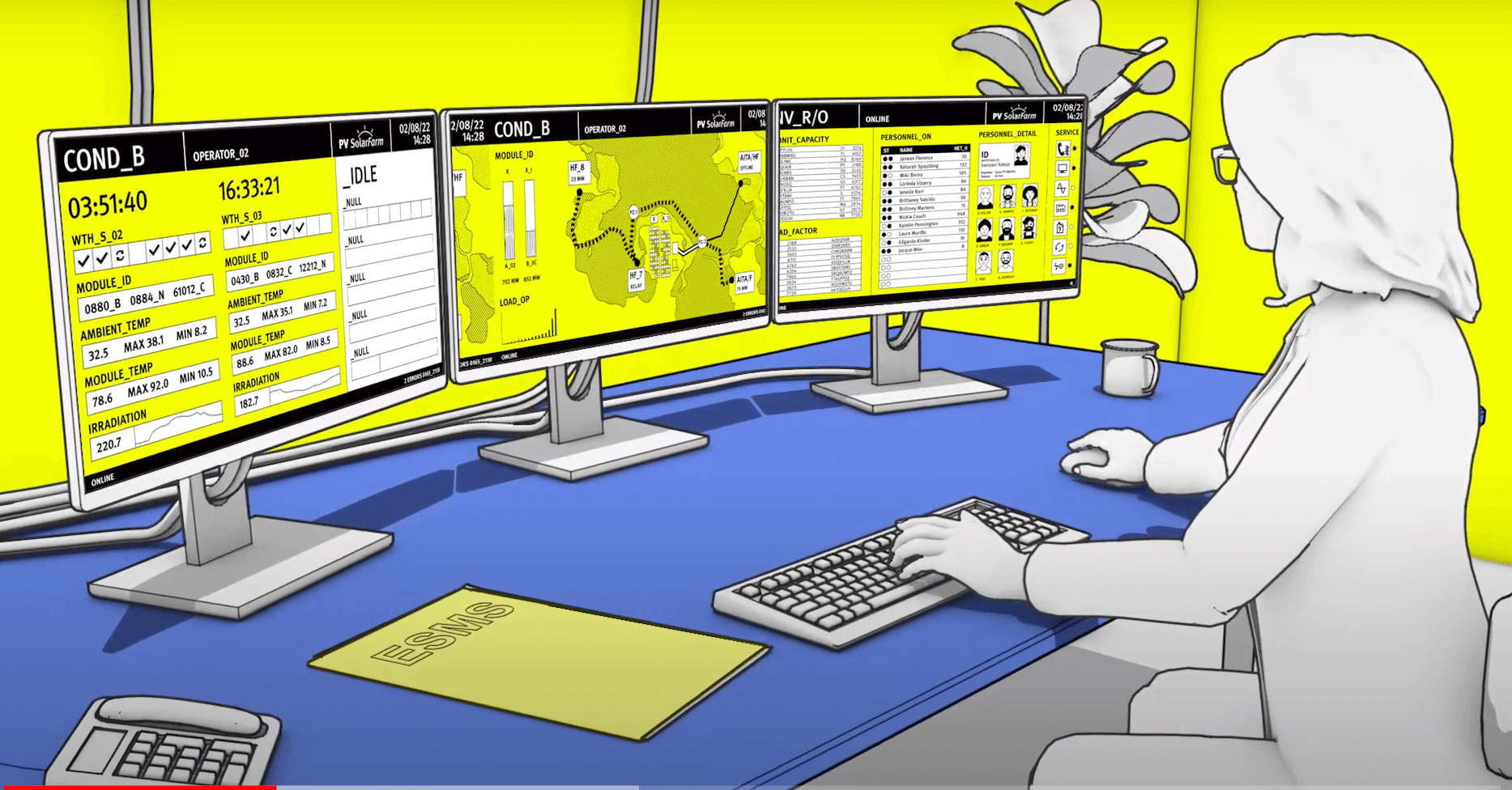
Energy Management, Energy Audits and resource efficiency audits ( ESCO services)
What is an ESCO?
Before defining what an ESCO is, we must understand why a company or consumer considers investing in improving the energy efficiency of its facilities. Normally, there are two important reasons behind this decision: to reduce energy expenditure, which in many cases represents a very important part of the company’s profit and loss account; and to reduce carbon emissions (CO2) , either out of ecological awareness or to avoid possible environmental penalties.
Developing an energy efficiency project is not a simple task, especially for companies that are not specialists in this area. First, various analyses and audits will be necessary to verify that the savings derived from this investment are real. Then, when the time comes to execute the project, a multitude of actors will have to be coordinated, from installation companies to suppliers. ESCOs (Energy Service Companies), are companies that provide energy services that were created precisely to facilitate this process .
The first ESCOs appeared during the 1980s with the aim of developing and promoting energy efficiency projects, thus promoting an activity that was positive for the environment.
ESCO? The origin of this innovative model
What is its function?
As we said, if a company is considering achieving energy savings in its facilities, it must first carry out a series of audits or assessments (mainly technical, but also financial and administrative) to ensure that the savings to be achieved are sufficiently attractive to justify such an investment. Even when using external companies specialised in this type of analysis, this phase is only the first step; the project must then be built and also financed. This can be intimidating because the resources needed to develop the plan (time and, above all, money) are resources that will not be invested in other issues that are more strategic for the company or that improve its productivity.
What can we do to prevent climate change?
The purpose of ESCOs is to enable companies to outsource these projects and their financing. First, they carry out all the relevant audits to ensure, as far as possible, that the project is viable and interesting for both parties. Then, when the time comes to execute it, ESCOs know how and with whom to do it, how to obtain government aid (if applicable) and how to obtain alternative financing for the client .
What is an ESCO for?
ESCOs not only finance projects, they also have the knowledge and contacts necessary to maximize savings, both in the execution phase and in the operational phase.
How does an ESCO work?
What is an ESCO and how does it work?
The contractual agreement between a consumer and an ESCO is embodied in an Energy Services Performance Contract (ESPC) , a document that defines:
That the ESCO will carry out all necessary analyses and audits to detect whether or not there is potential energy savings.
If feasible, these savings are quantified.
The procedures for designing and implementing the project are specified.
Detecting this potential energy saving is not an easy task, nor is contacting the installers, verifying the financial solvency of the parties, identifying all the possible risks associated with the project and agreeing on the financing. Once the ESCO has verified that the project is viable and has specified all the information in the contract, the ESCP is signed .
Fundeen: ESCO financing models to democratize investment in renewables
Fundeen is a crowdfunding platform that operates in the world of self-consumption with an ESCO model. In other words, a promoter carries out all the necessary prior analyses to study the viability of the project. Fundeen then evaluates this study from a technical, financial and legal-administrative point of view and decides whether the project is financeable or not. We also have a network of collaborating companies that allow us to provide the projects with the services necessary to carry out the project : engineering, installation, suppliers, maintenance, management, insurance, etc.
ESCO models not only allow for the outsourcing of energy efficiency investments, they also help companies reduce their greenhouse gas emissions . The economic activity behind this model contributes to sustainable development, creating local and quality jobs, promoting a transition towards clean energy and striving for a green future.






